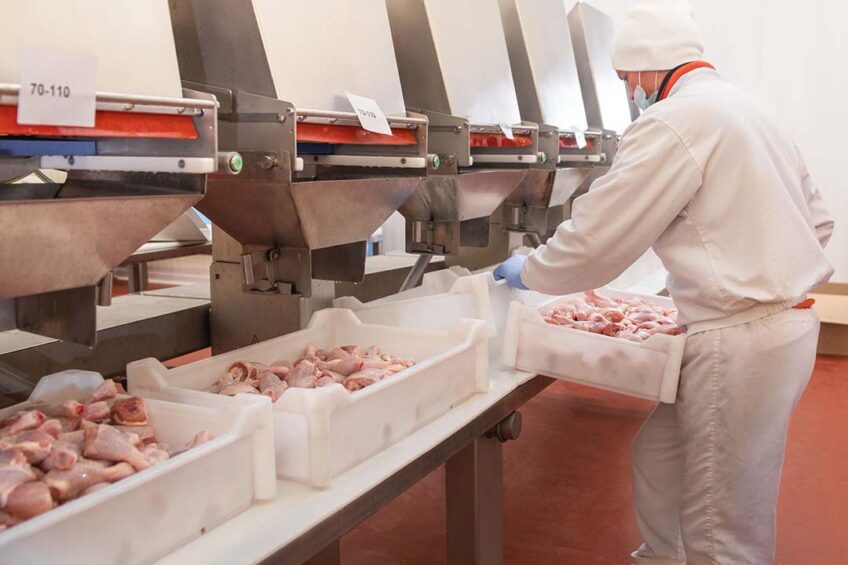Russia has seemingly overcome the poultry crisis

Russian authorities have managed to bring the domestic poultry and egg market back in balance using the carrot of generous state support measures and a stick of antimonopoly investigations, according to officials.
Recently, the average wholesale price of broiler meat on the Russian market decreased by 0.1% to 157 roubles (US$1.73) per kg. The average wholesale price of a pack of 10 eggs dropped by 1.3% to 89.7 roubles (US$0.99), the Russian Agricultural Ministry said in a statement. The price dynamics have remained predominately flat since January 2024, following unprecedented turbulence in the second half of 2023.
The occasional shortage of broiler meat on the shelves, seen in some regions in September 2023 and January 2024, is no longer occuring.
Effective tools
New trade agreements between manufacturers and wholesale customers, concluded with support from the Russian authorities, have largely helped to calm market dynamics, Maxim Shaskosky, head of the Russian Federal Antimonopoly Service, said during a recent meeting with Russian Prime Minister Alexey Mishustin.
At the end of 2023, the Russian government adopted a decree allowing Russian regional authorities to take steps to lower poultry and egg prices. At the time of the meeting, Shaskosky said 34 regions utilised this tool, signing agreements with 2,200 food manufacturers, under which they promised to constrain the rise in wholesale prices in exchange for certain benefits.
Antimonopoly cases
In addition, FAS has “worked with the largest suppliers” in the poultry market, which also contributed to the drop in prices. The authorities’ investigation revealed that in particular cases, the upward price dynamics were not justified by a corresponding growth in production costs or change in business marginality.
In total, FAS kicked off 10 cases against Russian poultry and egg manufacturers for breaking antimonopoly law, Shaskosky disclosed, not providing further details.
Adding capacities
Thanks to generous state aid, Russia is on track to expand egg and poultry production in 2024, Maxim Uvaidov, deputy head of the Russian Agricultural Ministry, said during a recent parliament session.
He said 51 egg farms are due to expand egg production in total, thanks to bank loans with subsidised interest rates. In 2023, Russian egg production reached 46.6 billion units, adding 1.2% to the 2022 level, Uvaidov said.
Similar work is being done in the poultry meat segment to encourage farmers to scale up operations. The plan for 2024 is to produce 2% more poultry meat than in 2023, Uvaidov added. In 2023, Russian farmers manufactured 5.156 million tonnes of poultry in slaughter weight, 0.3% more than the previous year.












